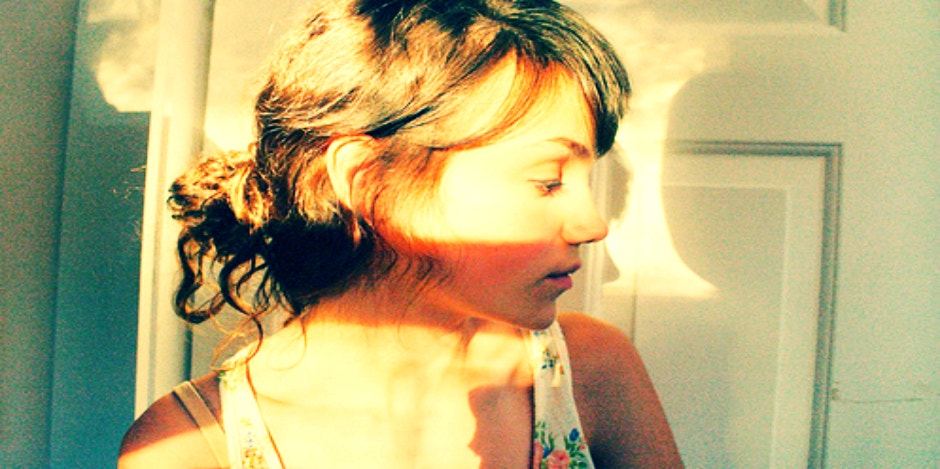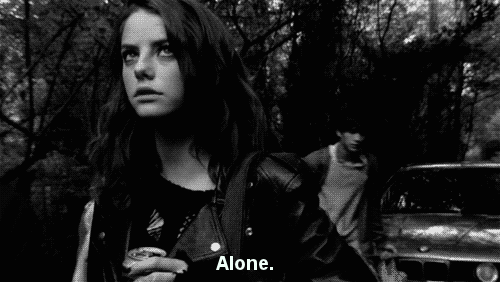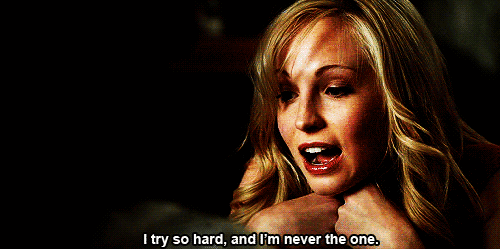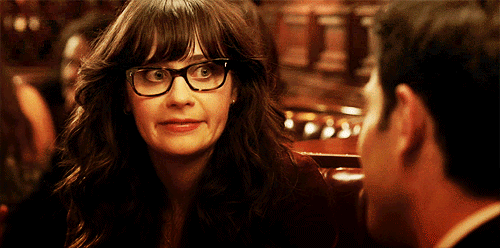I Don't Hate You, I Just Have Social Anxiety
People have said that I can come off as being cold and not interested in them.
 weheartit
weheartit There are many downsides to having social anxiety:
- I constantly worry about what other people think of me.
- I second guess most of what I say, causing long pauses in conversations, fumbling over my words, and have a generally quiet and shy nature.
- I get anxious before social events with people I don't know, occasionally to the point of nausea and headaches. Sometimes it's a battle just to get myself to leave the house, my mind full of concerns about what might happen, who I might meet, and what I might say or do wrong.
But one of the worst things about having social anxiety is the way that my social anxiety makes me appear to other people. Because social cues and verbal communication are so important in forming new friendships, my anxiety often makes me come off as being cold, disinterested, and even mean.
Unfortunately, the more interested I am in getting to know a particular person, the worse this will be. If I really want someone to like me, I'm extra careful with what I say, which then ends up being little or nothing at all. I look away a lot and fidget, causing me to seem disinterested or bored. And, because I've gotten better at hiding my nervousness, I come off as being even more distant and disengaged without any hint that my behavior is being caused by my anxiety.
I'm rarely in the moment with other people because I'm in my head, over-thinking, worrying, and analyzing. Those same thoughts and worries also prevent me from initiating hangouts and following up on rescheduling plans.
I always assume that if someone doesn't contact me or has to cancel a plan we've made that they don't like me. I take any kind of rejection, real or perceived, incredibly personally. I obsess about what people say and do, analyzing their words and actions for cues to help me figure out what they really think of me.
Of course, this is the same kind of thinking that they might be applying to me as a result of my quietness and failure to initiate or reschedule. I'm doing the exact same thing that I don't want them to do to me. It's too bad that anxiety doesn't respond well to basic logic.
Over the years, I have had so many people tell me that they thought I hated them when we first met. People have said that I can come off as being cold and not interested in them. A few have even gone so far as to say that I seem self-centered or bitchy. Words like "quiet," "shy," and "reserved" are often used to describe me.
The thing is, I'm usually interested in the conversations I'm having, and I very rarely dislike someone. Once I get to know a new person, it doesn't take me too long to get over that initial block and open up to them. I'm not reserved at all with people who I feel that I can trust, at least on a basic level. Once I'm comfortable, I might even share too much.
But getting to that place can be challenging. A lot of miscommunication and misunderstanding can happen in the meantime, ending a burgeoning friendship before it even begins.
However, I have gotten better at managing my social anxiety over the years. Here are some things I've learned:
- Most people worry about what others think of them. It's normal.
- The less pressure I put on the interaction and potential friendship, the more relaxed and talkative I'll be.
- Being upfront and honest about my anxiety helps new friends understand me and my behaviors a little better. I let them know that I might be quiet at first, but that I get more comfortable as I get to know someone.
Perhaps because of my social anxiety and awkwardness, I usually only have a few close friends at one time. It's not easy for me to initiate conversations in groups or at parties (or in any social situation, really). My friends end up being the people who give me the benefit of the doubt, or the people who I pushed myself to communicate with enough to clear up any misunderstandings.
Sometimes I wish that I had more friends and that being social was easier for me. As much as I wish I could completely overcome my social anxiety and stop getting caught up in fears about what others are thinking and feeling about me, I've accepted that part of my identity will always be "the quiet girl."
But I do hope that I can continue to loosen up around others and not worry so much about impressing people or what they might be thinking about me.
So if you ever notice someone being quiet, shy, awkward, or reserved, don't automatically assume that they're self-centered, mean, or dislike you. It's entirely possible that they're really just nervous or struggle with social anxiety.
When someone makes me feel comfortable, accepted, and shows an interest in talking to me, it goes a long way in lowering my guard and easing my fears. It helps me to feel confident enough to let go and be myself.




